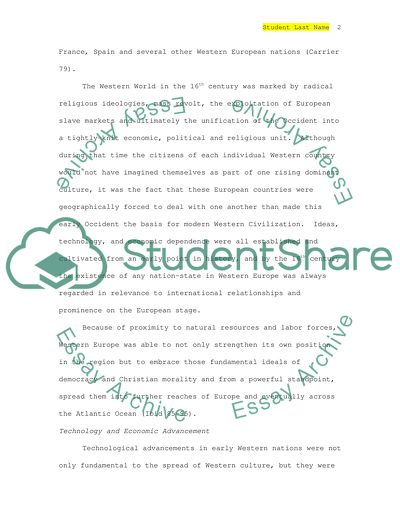Cite this document
(“Technological Advancements and the Rise of Western Civilization Essay”, n.d.)
Technological Advancements and the Rise of Western Civilization Essay. Retrieved from https://studentshare.org/history/1500248-western-civilization-essay
Technological Advancements and the Rise of Western Civilization Essay. Retrieved from https://studentshare.org/history/1500248-western-civilization-essay
(Technological Advancements and the Rise of Western Civilization Essay)
Technological Advancements and the Rise of Western Civilization Essay. https://studentshare.org/history/1500248-western-civilization-essay.
Technological Advancements and the Rise of Western Civilization Essay. https://studentshare.org/history/1500248-western-civilization-essay.
“Technological Advancements and the Rise of Western Civilization Essay”, n.d. https://studentshare.org/history/1500248-western-civilization-essay.


